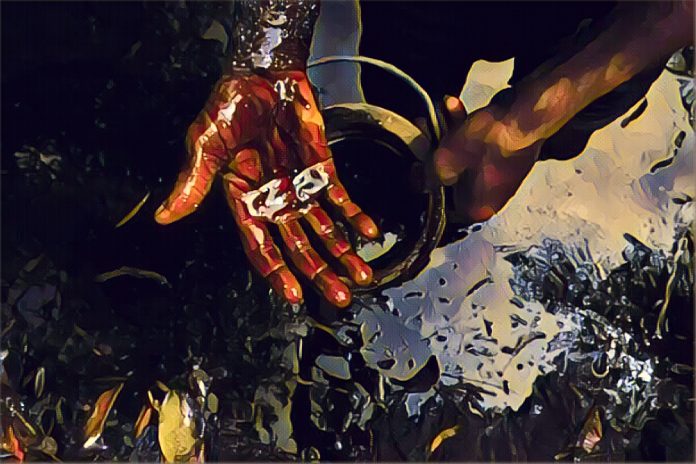In a comprehensive discussion, Dr. Usman Bugaje, a former presidential aide, shared his views on President Bola Tinubu’s administration and broader issues affecting Nigeria. Known for his forthright critique of political leadership, Bugaje continues his tradition of holding leaders to account, irrespective of their regional affiliations. His critique spans across the current administration’s approach to governance, constitutional matters regarding oil ownership, budgetary practices, and the overall health of Nigeria’s democracy.
Bugaje characterizes President Tinubu’s leadership as lacking direction and unable to fulfill promises to ameliorate the country’s pressing issues. He challenges the administration for not having a clear plan, which has led to worsening conditions compared to its onset. Furthermore, he criticizes the administration for engaging in what he perceives as trial and error with the lives of Nigerians, highlighting the adverse effects of governance failures on the populace.
On the contentious issue of oil ownership, Bugaje reiterates his stance that the concept of oil-producing states is against the Nigerian constitution, which vests ownership of natural resources in the Nigerian state itself. He elaborates on his previously controversial claim that Nigeria’s oil belongs to the North, attributing this to the North’s significant landmass contributing to Nigeria’s offshore drilling rights. Bugaje’s argument seeks to challenge misconceptions about resource ownership and emphasize the constitutional framework governing natural resources.
The interview also touches on the National Assembly’s (NASS) role and the allegations of budget padding and corruption within its ranks. Bugaje expresses disappointment with the selection of individuals with questionable integrity for leadership positions, which he believes undermines the prospects for good governance. He argues that such practices contribute to societal issues like banditry and Boko Haram by diverting resources meant for community development.
Regarding Nigeria’s democracy, Bugaje questions its effectiveness in serving the basic needs and security of the people. He laments the misuse of democratic governance as a vehicle for corruption and self-enrichment by politicians, raising concerns about the sustainability of democracy under such conditions.
The conversation concludes with Bugaje expressing skepticism about the current government’s commitment to reform, particularly in adopting the Oronsaye report recommendations on parastatal restructuring. He advocates for a cautious approach to implementing the report, emphasizing the need for an updated and well-thought-out strategy that considers the changing landscape of governance and public administration in Nigeria.
Dr. Bugaje’s insights offer a critical reflection on Nigeria’s political dynamics, governance challenges, and the quest for a more accountable and responsive government. His views contribute to the ongoing discourse on Nigeria’s path towards sustainable development and democratic maturity.



